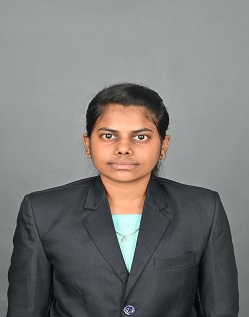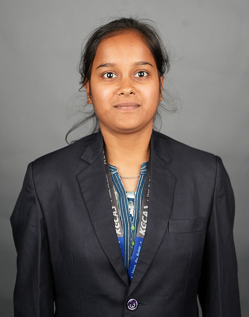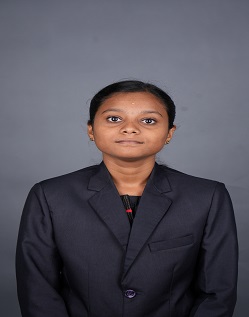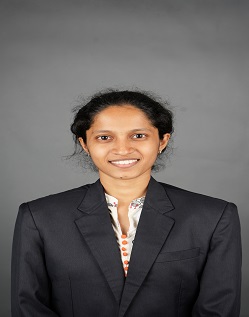Latest News:
Phone 91-422-441 9999
Email id info@kgcas.com
M.Sc. Data Analytics
Program Educational Objectives (PEOs)
The PEOs of M.Sc Data Analytics programme describe accomplishments that graduates are expected to attain within five to seven years after graduation
- PEO1 – Apply terminologies and principles in problem solving adapting to applications of Mathematics, Statistics, Business and emerging computing technologies in the field of Data Analytics to conceptualize real world problems.
- PEO2 – Exhibit proficiency as data analytics professionals through latest technologies to business and organizations in demonstrating the ability for work efficacy
- PEO3 – Work and collaborate with interdisciplinary backgrounds as a part of team to address the contemporary issues with innovation
- PEO4 – Pursue entrepreneurship, research and higher studies associated with the program to function efficiently and effectively addressing challenging problems innovatively in the society
- PEO5 – Communicate effectively, recognize and incorporate societal needs and constraints in their professional endeavor
- PEO6 – Practice their profession as Data Analyst with high regard to ethical responsibilities.
Program Specific Outcomes (PSOs)
After the successful completion of M.Sc Data Analytics Programme, the students are expected to demonstrate
- PSO1 – Knowledge on Data Analytics Principles and Components Data Acquisition, Data Transformations, Big Data Platforms for analysis andInterpretation
- PSO2 – Sound Knowledge of constructing data into meaningful structures by data curation and reporting to predict and gather valuable Data Insights
- PSO3 – Knowledge on using Statistics, Mathematics in designing Models and Algorithms for achieving Business Objectives
- PSO4 – Sound Knowledge on Data Analytics, Big Data Technology Tools, Visualization, Database Management, Machine Learning and Programming for Analytics of Large scale Data to support business processes and functions
- PSO5 – Apply data science methods in assessing data requirements and integrating data analytic problem framework for domain specific applications
- PSO5 –Communicate data assumptions, analysis and insights in written and visual dashboards and articulate as data story
- PSO6 –Knowledge on Professional and ethical responsibility on data ownership and data privacy
Program Outcomes (POs)
On successful completion of the M. Sc. Data Analytics program
- PO1 – Apply knowledge of mathematics, statistics, science and computing appropriately to model the software applications, configure software platform and analyze real-time data in heterogeneous domains.
- PO2 – Design a system, component or process, tools to meet desired needs within realistic constraints such as economic, environmental, social, and ethical and safety contexts.
- PO3 – Have an ability to design, implement, evaluate, analyze, interpret complex problems and data, provide sustainable computational solutions and synthesis of information to provide valid conclusion for domains of business, health-care environment.
- PO4 – Create, Select and apply appropriate technologies, tools, techniques for data modeling, processing of complex problems and prediction for data analysis.
- PO5 – Communicate effectively with the computing community, and with society, about complex computing activities by being able to comprehend and write effective reports, design documentation, demographics and make effective presentations.
- PO6 – Manage projects and function effectively as an individual, and as a member or leader in diverse teams, and in multidisciplinary settings.
- PO7 – Understand the impact of professional analytical solutions in societal and environmental contexts and apply the knowledge for benefit of individual for sustainable development.
- PO8 – Recognize the need for, and prepare them to engage in independent and life-long learning in the context of technological advancements for the betterment of individuals, organizations, research community and society.
- PO9 – Apply ethical principles, commit to professional ethics and responsibilities and human values.
- PO10 – Utilize the knowledge of education in understanding of data, management principles, computing solutions to apply on one‟s own work, as a member and leader in a team to manage project in multi-disciplinary environments and societal contexts.






























